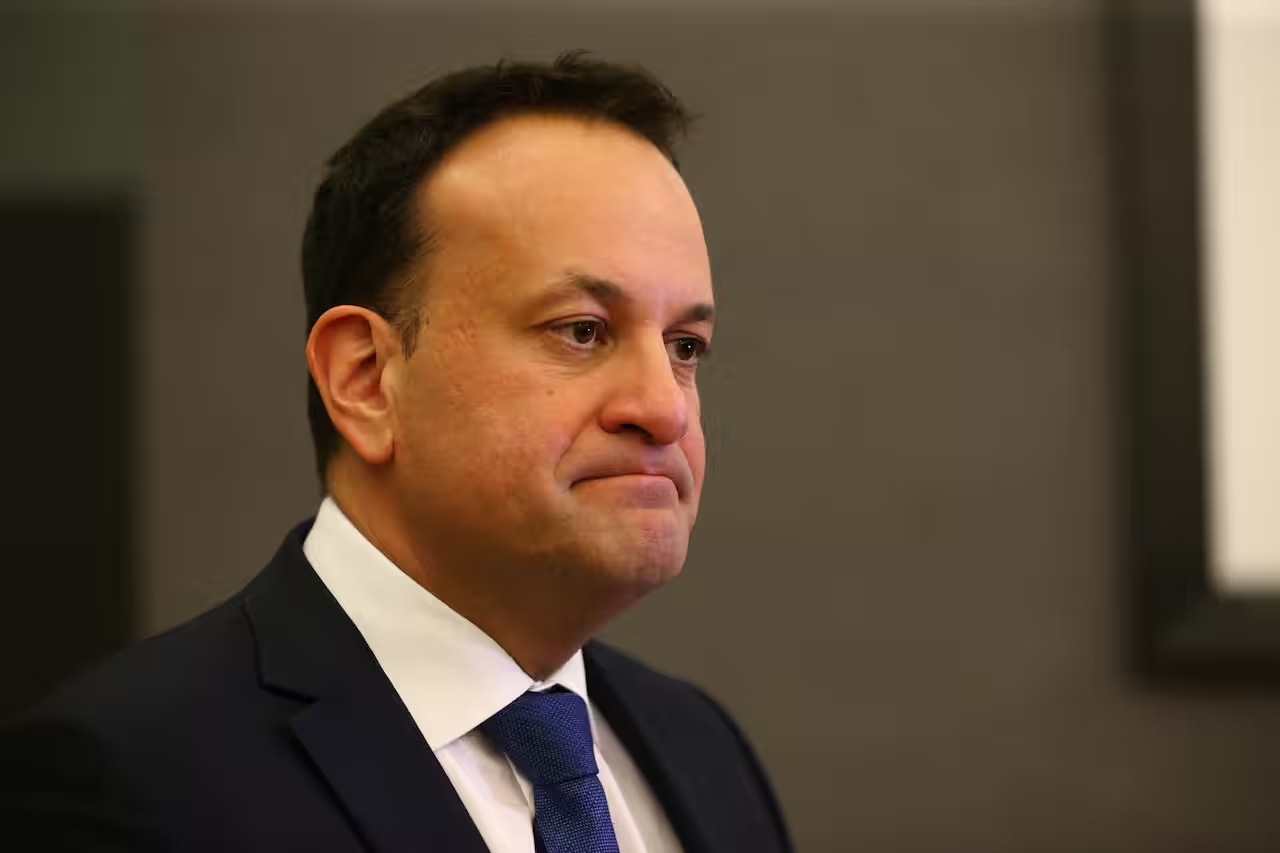[ad_1]
What changes did the referendum seek and how voters voted
All the major political parties had supported a “Yes-Yes” vote and until recently polls had suggested a smooth passage for both.
Referendum Ireland said on Saturday night that 67.69 percent of 1.021 million voters had rejected the amendment on family.

Ireland’s Electoral Commission came under fire for not supplying a referendum information book to all households in Ireland. Credit: Andy Gibson/Cover Images
The change proposed expanding the definition of family from those founded on marriage to also include “durable relationships” such as cohabiting couples and their children.
“No” campaigners argued the concept of “durable relationship” was undefined and confusing and that women and mothers are being “cancelled” from the constitution.
Why the referendum was ‘defeated comprehensively’
Varadkar said the referendums had been “defeated comprehensively” on “a respectable turnout”.

Irish Prime Minister Leo Varadkar concedes defeat in the vote over two constitutional amendments. Credit: Damien Storan/PA
“I think we struggled to convince people of the necessity or need for the referendum at all, let alone detail the wording,” the Irish leader conceded.
Peadar Toibin, the leader of the only parliamentary party to back a “No-No” vote – the conservative Aontu party – welcomed the result as “a significant victory”.

“No” posters are seen in the street outside Goverment buildings in Dublin. Source: AFP / Paul Faith
The government “sold these amendments as if they were progressive and kind of virtue-signalling changes to the Constitution”, he said.
Niall Slaughter, a 40-year-old bank worker from Dublin, said he voted for the family amendment but not for the care amendment due to the poor wording of the question.
Caitriona Behan, 55, an adult education worker said that while there was a need for a change, she felt that “politicians didn’t explain the reason to change the constitution well enough”.
‘Cannot be complacent’
“People were left with an unbalanced decision to make and I think it’s a great pity that the government went on this kind of solo run, and they’ve had their answer,” she said.
“The public have spoken, and we need to really consider that No vote and what is behind it and the reasons for it.”
The constitution, the core legal text of the nation, can only be modified through a national referendum.
[ad_2]
Source link